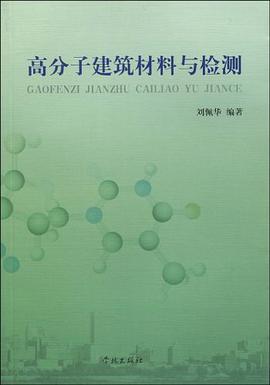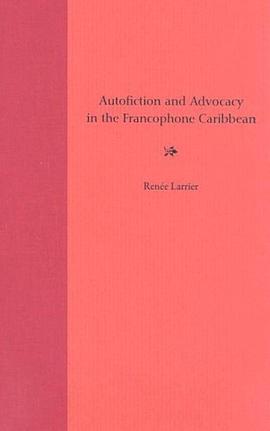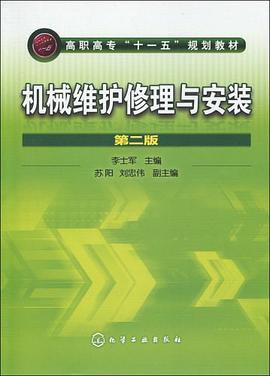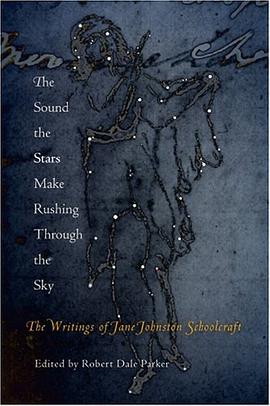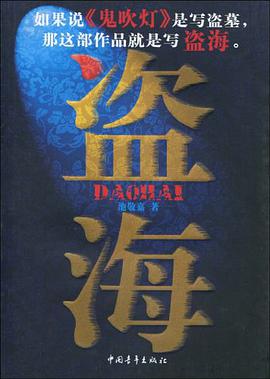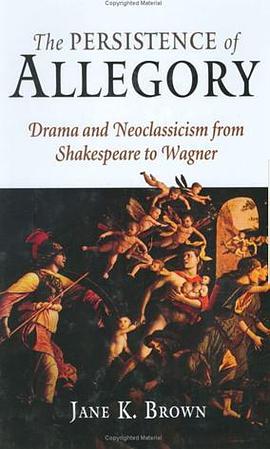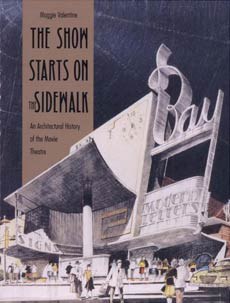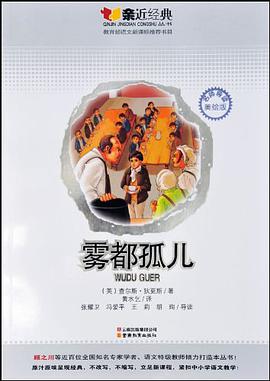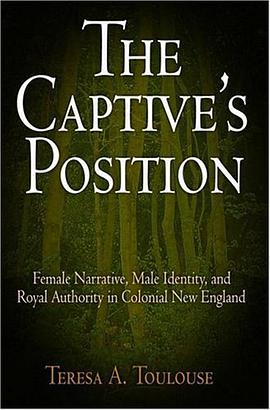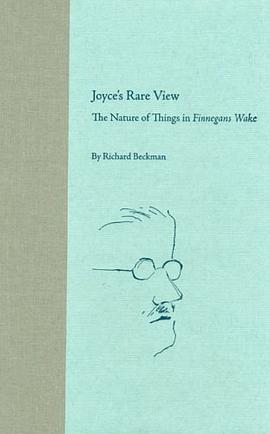

具體描述
Richard Beckman argues that readers of "Finnegans" "Wake "must develop a new method of reading that flows from the text itself. Focusing on the mode of perception in the "Wake"--seeing the world obliquely because that is often the only way to get at the nature of things--Beckman maintains that Joyce's satire depends on looking at the public scene from behind, a view at the same time vaudevillian and philosophic. Indirect perception is at once the basis for Joyce's peculiar locutions, conveying incompatible double and triple meanings, and also an account of how the mind works. Thus, Beckman shows, the object world in the "Wake" is as unstable as a troubled dream, accessible only by glimpses and guesses at suspected overtones of significance. If the "Wake" shows only the wrong side of things, this perception hardly belongs to the "Wake "alone, but Beckman maintains that no other text has presented this idea with such imitative power, applied it to life so energetically, or wrung so much humor from it. In the "Wake," Joyce has made his case for choosing the wrong and even oddball way of considering the human situation--as opposed to the ever-present culture of received opinions--and he creates a book of life that goes nowhere and everywhere, doubling back on itself, methodically seeing things the wrong way, and conjuring up characters, events, and meanings that are inherently reversible. Written for students of the "Wake" and Joyce scholars and critics seeking innovative commentary that renders familiar passages fresh, "Joyce's Rare View" offers new, close readings of a myriad of passages and phrases in the "Wake," illuminating many of the themes of this encyclopedic satire.
著者簡介
圖書目錄
讀後感
評分
評分
評分
評分
用戶評價
相關圖書
本站所有內容均為互聯網搜索引擎提供的公開搜索信息,本站不存儲任何數據與內容,任何內容與數據均與本站無關,如有需要請聯繫相關搜索引擎包括但不限於百度,google,bing,sogou 等
© 2025 book.quotespace.org All Rights Reserved. 小美書屋 版权所有

